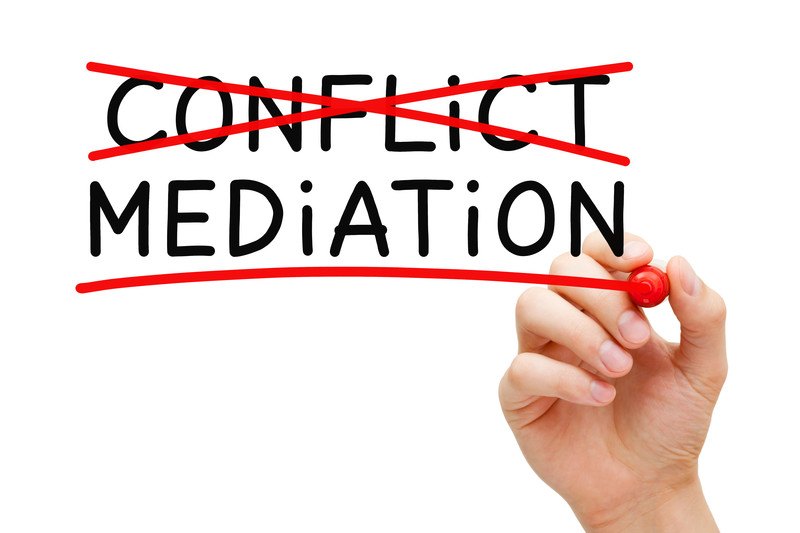
What is mediation?
Sometimes, two parties may find themselves in a situation where they are unable to come to an agreement. Rather than continuing to engage in conflict, the parties may choose to retain the services of a mediator. A mediator is a professional who is trained to act as a fair and unbiased third party that can aid clients in bringing about a resolution that both parties are satisfied with.
Mediation is a highly effective tool in alternative dispute resolution and is often used in lieu of parties continually having to go to court to resolve various matters. During a mediation, both parties are in the same room at the same time as their mediator and are given equal opportunity to make their requests and offer feedback on the requests made by the other party. At all times, the mediator acts as a neutral party and does not side with one party.
What are the benefits of engaging in mediation?
Mediation is a proven and effective tool to allow both parties to express their thoughts and requests about the matter in question while also empowering them to reach a mutually agreeable compromise and finalize an agreement. The mediator will enter the mediation with the goal of creating a safe space for facilitating respectful communication between the parties with the goal of furthering discussions toward reaching a resolution.
Are you required to participate in mediation?
Unless the Court has required both parties to participate in mediation to facilitate a compromise outside of the courtroom, mediation is a voluntary process. Both parties choose to willingly participate in the mediation process with the common goal of conflict resolution.
How do you begin the mediation process?
The mediation process begins when one or both parties contact a trained mediator and request to retain the mediator’s services. The services provided by the mediator are not covered by the Court system or any other programs, which means that it will be both client’s responsibilities to provide payment to the mediator for their services. This may occur in the form of a retainer that will be paid to the mediator prior to the mediation session, or the mediator may bill each client after the mediation concludes. Generally, both parties may agree to a 50/50 split of the cost for mediation services. Please contact Lindsay for further information about the mediation process.
What training is required to become a mediator?
As with any professional occupation, there are standards and requirements to becoming a mediator. In addition to professional work experience and a solid educational background, the State of South Dakota requires mediators to complete a comprehensive training program for 40 hours. This training is crucial to assist the mediator in understanding the correct way to lead meditations to ensure the optimal result for their clients. In order to complete the professional standards of becoming a mediator, Lindsay completed a 40-hour family mediation training as well as a 30-hour civil mediation training at the Mediation Center in Minneapolis, MN.